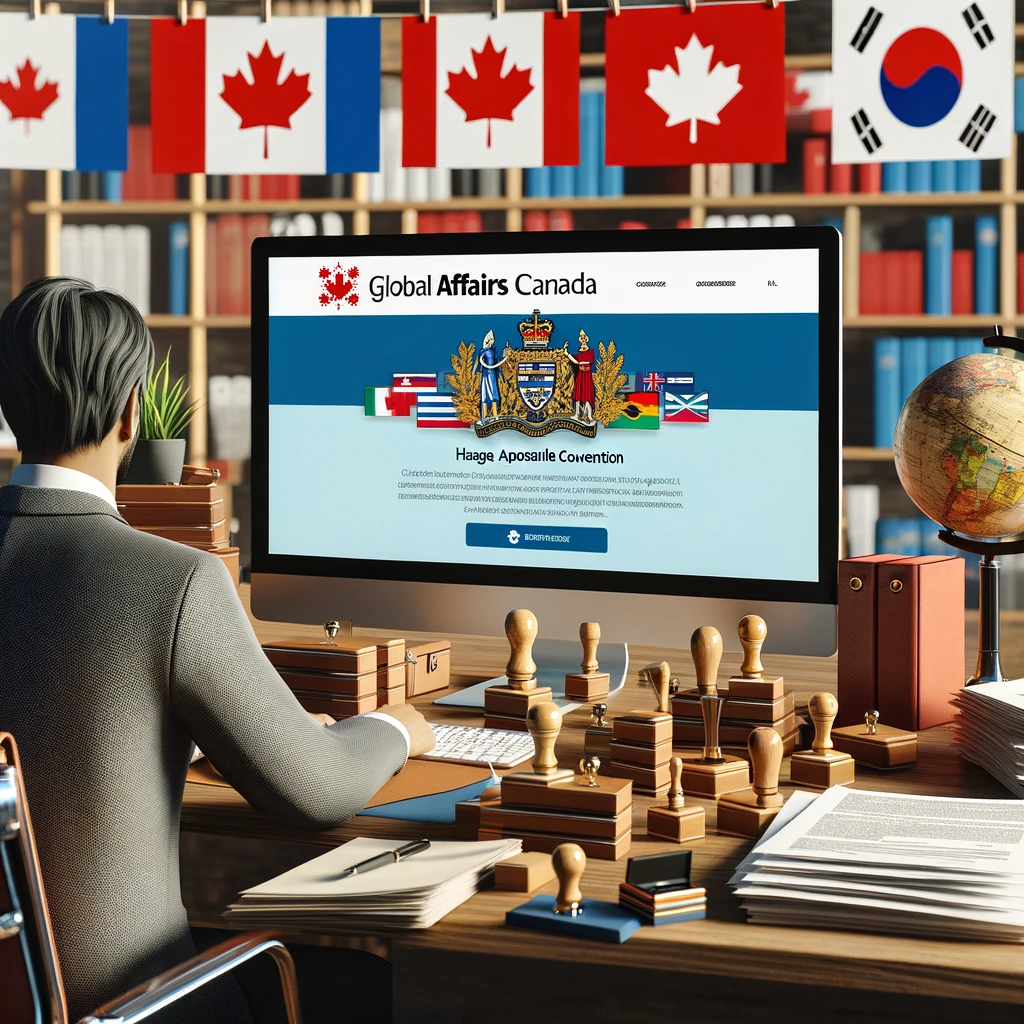
Understanding International Document Recognition: Navigating the Canadian Notary and Apostille Process
When seeking to use a Canadian document in a foreign country, the role of a Canadian Notary Public is crucial, but it's just the beginning. While notarization is the initial step, the journey to international recognition involves more detailed procedures, especially in major Canadian cities like Vancouver, Edmonton, Calgary, Montreal, and the Toronto area, where such needs are more frequent due to their diverse populations.
Apostille or Authentication: The Essential First Step
The apostille or authentication of the Notary Public's signature is paramount. This can be done at Global Affairs Canada's Authentication Office or a provincial equivalent, such as Ontario's Official Document Services. The choice between federal or provincial apostille is influenced by where the document was issued or notarized in Canada. It's vital to select the correct apostille service to avoid unnecessary delays and expenses.
Canada Joins the Hague Apostille Convention
A significant development is Canada's recent accession to the Hague Apostille Convention. This change simplifies the process for member countries. Now, documents only need an apostille from Global Affairs Canada or the relevant provincial authority for recognition in member countries. However, for non-member countries, the traditional authentication and legalization process remains necessary.
Legalization: The Concluding Step
Post-authentication, the document requires legalization at the embassy or consulate of the destination country in Canada. This process varies, often described as Legalization, Attestation, or Apostille, depending on the country. The complexity and frequent changes in foreign government policies make this stage challenging. Direct embassy contact is advised for the most current information.
The Advantage of Professional Assistance
Navigating these processes can be daunting. Firms like Global Document Solutions, with 30 years of expertise, offer valuable assistance. They streamline the process, ensuring swift and correct validation of international documents.
DIY Approach: Self-Navigation
For those preferring a hands-on approach, essential resources include the Global Affairs Canada website for up-to-date foreign embassy contacts. Direct embassy communication is recommended for the latest on document legalization.
Conclusion Trust The Experts @ Global Document Solutions
In summary, while a Canadian Notary Public's notarization is the starting point, successful international document recognition demands careful navigation through authentication (now simplified for Hague Apostille member countries) and legalization processes. Assistance from experts like Global Document Solutions can facilitate this process, but informed self-navigation is also a viable option.

